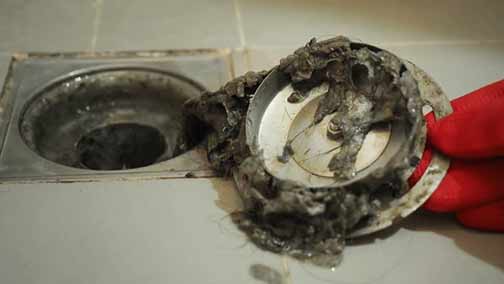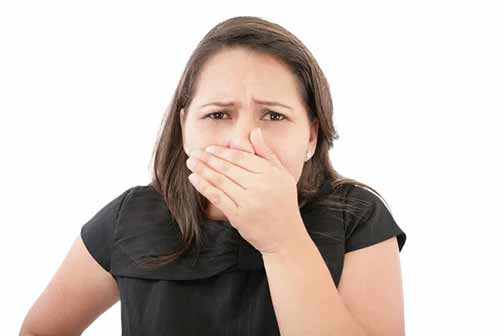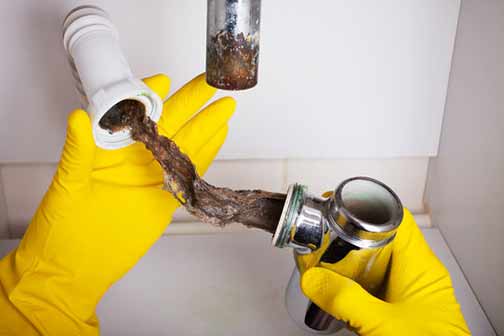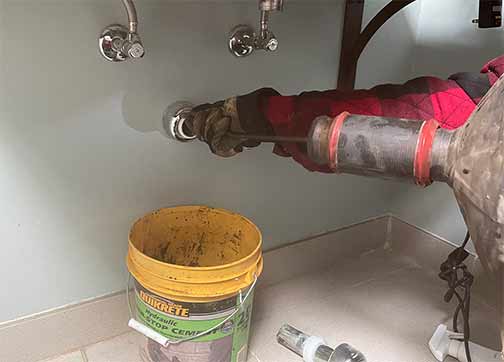
Clogs and blockages inside your home’s drainage system not only impede the performance of your plumbing but also accelerate the rate of wear and tear. Drain systems that suffer from persistent clogs will cost more money to maintain and invariably need replacement sooner, notes Specialized Property Management Memphis.
Additionally, clogs in your home’s drainage can have a huge negative impact on the health of your household. Poorly maintained drains impair your quality of life, lead to poor indoor air quality and increase the risk of respiratory illnesses among family members.
That is in addition to the risk of structural damage that comes with the persistent problems in your drain pipes. The worst part is you don’t even see these problems coming. That is because drain clogs happen as part of the natural outcome of the normal day-to-day use of your drains.
In other words, clogs and blockages will happen in your drainpipes regardless of how you use your home’s plumbing. But you can stop those clogs and blockages from affecting the function and longevity of the drains. How do you do this? By having your drains cleaned professionally periodically from a professional plumber.
What are the signs that it is time to clean your drainpipes?

It is normal to have bad odors inside your drain pipes, but these odors should not enter your home.
5 signs that it is time to clean your drains
Multiple slow drains in the home
One slow drain in your home does not signify you need to clean your entire drain system. If just one drain is slow, the clog is likely inside the drainage pipe directly connected to the affected plumbing fixture. Depending on the kind of drain, this problem can be solved using several DIY methods. But if more than one drain in the home is blocked at the same time, it means there is a clog deep inside the drain lines. The only way to solve this problem is to have your drains cleaned.
Drains are acting weird
Although the plumbing fixtures in your home all have their drains, the drains are interconnected. As a result of the connection between them, problems in one drain can affect other drains in your home. For instance, if the water in your toilet moves every time you use your shower, sink or washer, you may have a major blockage inside your drain pipes. You may also hear strange noises from your sink when one of the home’s drains is used. If these problems are starting to show up in your home, it is a sign that you need to clean your drain pipes.
Drains make a gurgling sound
It is not normal for drains to make a gurgling sound when you use them. Gurgling sounds mean air is trapped inside the drain line. That is a bad sign. Any air inside your drains should find its way out of the pipes without coming up through the drain outlet. If air is pushing up through the outlet, it is because there is a blockage inside the pipes that is preventing the air from escaping. That is a sign that it is time to clean your drains.
Bad odors from your drains
It is normal to have bad odors inside your drain pipes, but these odors should not enter your home. However, if there are clogs and blockages inside the drain system, the normal operation of your drainage system will be impaired. As a result, foul-smelling sewage gases can start to find their way into your home through the various drain openings. This problem affects the indoor air quality in your home, and the way to solve it is to have your drains cleaned professionally.
Pests invade your home
The presence of pests – such as fruit flies and roaches– inside your home is a sign that there is an abundance of food for them to feast on. Clogs and blockages inside your drain pipes provide a feeding ground for pests. Trying to exterminate the pests without dealing with the primary problem inside your drain lines will not work. If you see several pests inside your home, it is time to clean your drains.
How to clean your drains
Although there are lots of DIY methods for cleaning your drains, most are only good for clearing debris from individual drains. Their actions are superficial; they cannot reach blockages deep inside the drainage system. The best way to clean your drains is to hire a professional.
Before cleaning the drains, the professional will inspect them to determine their condition. A sewer camera inspection is the best way to do this. A sewer camera inspection uncovers the problems inside the drain and shows you how to care for your drains in future.
After camera inspecting the drain line, the next step is to select the best drain cleaning method. That will depend on the age of your drains and the kind of clogs inside them. That is why you should work with an experienced and well equipped professional plumber when cleaning your drains.


